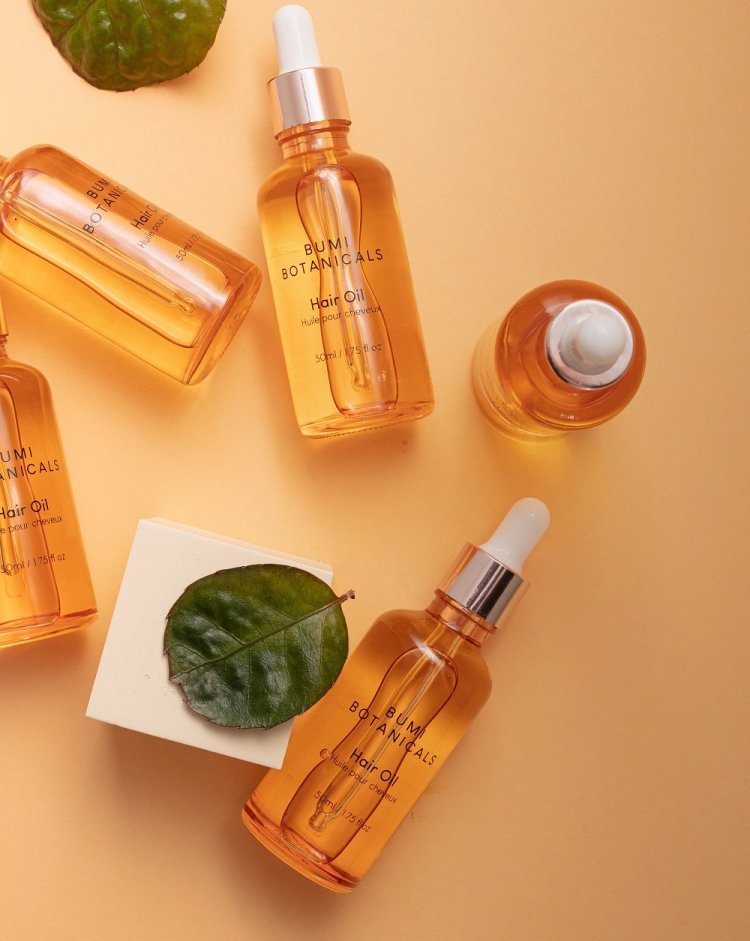How to Identify Cruelty-Free Hair Products?
Support ethical beauty with cruelty-free hair products. Learn to identify them through certifications, research, and trusted retailers. Explore how cruelty-free choices reflect values, promote sustainability, and improve industry practices for a better future.

Consumers are increasingly seeking ethical beauty products that align with their values. Cruelty-free hair products stand out for their commitment to animal welfare. Understanding whether a product is cruelty-free involves careful label examination, research, and awareness of certification symbols. This guide explains how to ensure your hair products are cruelty-free, making your purchase both ethical and effective.
Look for Certification Symbols
Certification logos are reliable indicators of cruelty-free status. Organizations like Leaping Bunny and PETA certify brands that avoid animal testing at every stage. These symbols provide assurance that the product meets ethical standards.
Check the packaging or the brand’s website for these certifications. Companies committed to transparency often highlight such credentials, making it easier to identify cruelty-free options.
Research Brand Policies
Many brands openly share their animal testing policies. Visit their official website to check for a cruelty-free statement. Some brands also publish detailed reports about their manufacturing processes.
Companies selling products in regions requiring animal testing by law may not qualify as cruelty-free. Researching brands thoroughly ensures accurate understanding of their practices.
Verify Ingredient Sourcing
Ingredient sourcing plays a significant role in determining a product’s cruelty-free status. Ethical brands ensure their suppliers also avoid animal testing, which is an additional step that highlights a commitment to cruelty-free values.
Reviewing ingredient lists and checking for transparency about sourcing practices can confirm the product’s ethical standing. Brands often disclose this information on their labels or websites.
Choose Trusted Retailers
Retailers focused on cruelty-free beauty provide a reliable platform to find ethical products. These stores curate their collections to ensure alignment with cruelty-free standards. When in doubt, trusted retailers serve as a valuable resource. Individuals looking to buy cruelty-free products often find that specialized platforms streamline their search for ethical choices.
Be Wary of Misleading Claims
Terms like "natural" or "organic" do not guarantee cruelty-free status. Companies may use these terms to market products without adhering to ethical practices. Always cross-check claims against verified certifications or brand policies. Misleading labels can cause confusion, so staying informed is essential to make ethical choices confidently.
Consider Ethical Benefits Beyond Cruelty-Free
Some cruelty-free brands incorporate additional benefits into their products. For example, products may promote hair health by including quality ingredients. In the best oil for hair growth in the UK, ethical sourcing often pairs with cruelty-free practices. This combination ensures ethical responsibility and high performance, making it a win-win for conscious consumers.
Why Cruelty-Free Matters?
Choosing cruelty-free products reflects a commitment to animal welfare. These choices support brands that prioritize ethical manufacturing and encourage more companies to follow suit. Consumers can influence the industry by demanding transparency and supporting cruelty-free practices. This shift creates a market where ethical standards become the norm.
Conclusion
Identifying cruelty-free hair products requires awareness and attention to detail. From checking certifications to researching ingredient sourcing, each step ensures ethical and informed choices.
Cruelty-free products not only align with moral values but also support sustainable and humane practices. By making conscious decisions, consumers can promote change within the beauty industry and prioritize compassion in their daily routines.
What's Your Reaction?

















